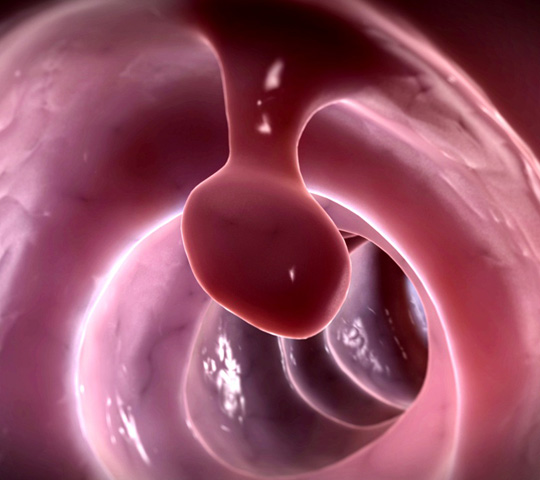In our bodies, cells usually grow and divide in an organized way. But sometimes, for reasons we don’t know, cells can grow too much in certain parts. This extra growth can lead to the formation of polyps in the colon or rectal area. Anal polyps are those that happen inside the anus or rectum. Usually, they don’t cause noticeable signs. But if there are many polyps, they might make the area hurt and bleed.
There are different types of anal polyps:
- Hyperplastic Polyps: These polyps are not cancerous and don’t harm the body.
- Adenomatous Polyps: They are the most common type. They are mostly harmless, but they can potentially turn into cancer cells.
- Malignant Polyps: These polyps are cancerous and usually happen in large numbers in the infected area.

